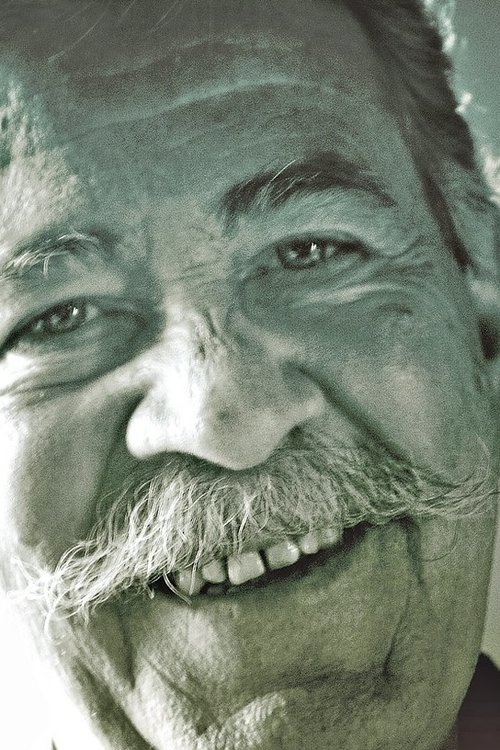Enver Cordido
Enver Cordido D'Martini was a Venezuelan filmmaker and audiovisual producer with a distinguished career. He was an advisor to the vice presidency of the National Autonomous Center of Cinematography (CNAC), a documentary filmmaker, and a mentor to other filmmakers.
Born in Yaracuy on May 30, 1939, Cordido's life revolved around both film and political activism, according to the latest CNAC bulletin. A member of the communist youth and later a guerrilla fighter, he took a film directing course between 1965 and 1969 at the Experimental Center of Cinematography Cinecittà, in Rome, Italy. After completing his studies with the short film El camino de Espartaco, Cordido worked as a production assistant in 1969 for Sergio Leone on the film The Good, the Bad, and the Ugly, and for Giancarlo Santi on That Man.
In 1973, he co-founded Cotecna C.A. with Abigail Rojas, a company dedicated to commercials and documentaries. It co-produced the feature films When I Want to Cry, I Don’t (Mauricio Walerstein, 1973), Chronicle of a Latin American Subversive (Mauricio Walerstein, 1975), and The Burning of Judas (Román Chalbaud, 1974). Cordido also taught film at the School of Social Communication at the Central University of Venezuela (UCV), founded the audiovisual unit of the Central Library of UCV, and served as an assistant director for Román Chalbaud and Mauricio Walerstein.
He directed the feature films Every Day is Saturday (a work he co-wrote with Salvador Garmendia), Compañero Augusto (1976), and Solón (1979). He was a board member of the National Association of Cinematographic Authors (ANAC) from 1977-78 and co-founder and first president of the Venezuelan Chamber of Feature Film Producers (CAVEPROL).


